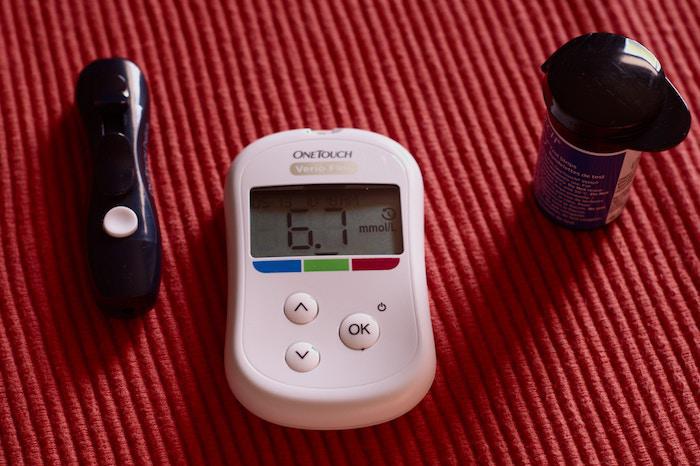The American Urological Association estimates that about two out of ten men over the age of 60 have low testosterone. This imbalance in the reproductive hormones can cause a wide range of symptoms that may affect your physical and mental health and your sexual satisfaction.
At Castle Hills Family Practice, Hormazd Sanjana, MD, and our experienced medical team offer comprehensive family medicine care, including testing and treatment of low testosterone. We focus on rebalancing your hormone levels, so you can find long-lasting symptom relief.
What causes low testosterone?
Testosterone is a hormone that men produce in their testicles. This hormone is responsible for male sexual development, sperm production, and sex drive. Men also need testosterone to support bone mass and build healthy muscles.
Your levels of testosterone decline after the age of 30. You may also be at an increased risk for low testosterone because of:
- Obesity
- Testicle injuries
- Thyroid disorders
- Cancer treatment
- Inflammatory diseases
The use of certain medications, including opioids, can also reduce your body’s production of testosterone. As a result, you may develop symptoms that affect your physical health and sexual wellness.
Signs you may have low testosterone
There are several warning signs that can indicate you have low testosterone (Low-T). You should schedule a diagnostic evaluation at Castle Hills Family Practice if you have Low-T symptoms, such as:
1. Chronic fatigue
Low testosterone can cause decreased energy levels. The extreme fatigue can make it difficult for you to keep up with your responsibilities, even if you’re getting enough sleep at night.
2. Loss of muscle mass
Since testosterone is essential for building healthy muscle, you may notice a loss in your muscle mass over time with Low-T. Low testosterone can also cause an increase in body fat around the waist. In some men, breast tissue can enlarge—a condition known as gynecomastia.
3. Mood changes
Testosterone plays a role in many physical processes of your body. When you have Low-T, you may experience frequent mood changes and irritability. Men with Low-T are also at risk for depression, difficulties concentrating, and an inability to focus.
4. Hair loss
Hair loss is a common side effect of low testosterone because the hormone plays a role in hair production. Men may have a greater risk for hair loss if they have Low-T. They may also lose hair on their face and body because of the hormone imbalance.
5. Low sex drive
Testosterone contributes to a man’s sex drive. While men experience a natural decline in their libido as they age, having low testosterone can dramatically affect their desire for sex.
6. Erectile dysfunction
Erectile dysfunction describes an inability to achieve or maintain an erection healthy enough for sex. When you don’t have enough testosterone, your body may not trigger the necessary chemical reactions it needs for an erection to occur.
Treatment options for low testosterone
An effective way to address symptoms of low testosterone is to rebalance your hormone levels with supplemental testosterone.
At Castle Hills Family Practice, we offer in-office consultations for low testosterone and spend time learning more about your symptoms. Our physicians may conduct blood work to evaluate your hormone levels and determine if low testosterone plays a role in your symptoms.
To rebalance your testosterone levels, we recommend hormone replacement therapy. Our team also suggests lifestyle changes you can make to regain the muscle mass you lost and protect your bone health as you recover from Low-T issues.
To schedule a low testosterone evaluation, call one of our offices nearest you in San Antonio, Texas or schedule an appointment online today.




